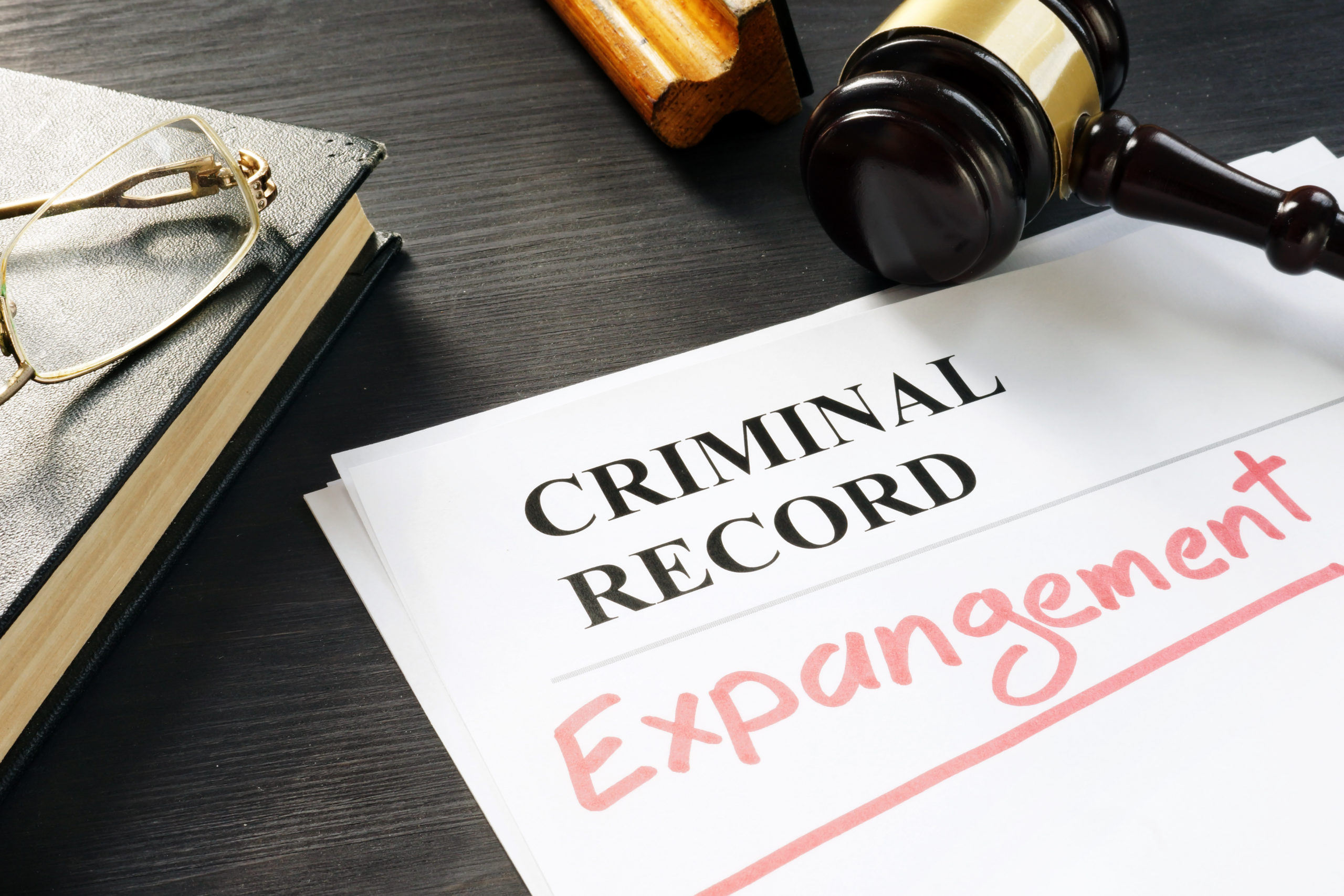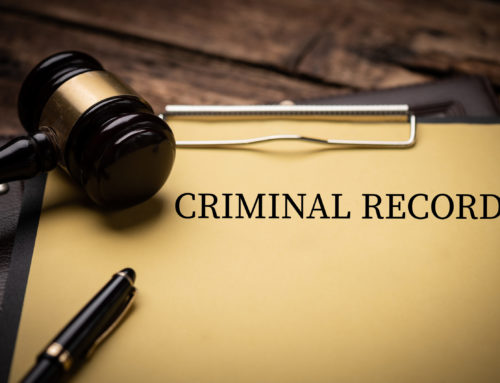Do you have an incident on your record that you would like to have removed? If you want to get rid of your criminal record, there are steps you can take to try and get your record cleared. Whether or not this will be possible for you depends on a variety of factors, such as:
- The type of crime.
- The severity of the crime.
- The length of time that has passed since the crime occurred.
You may not have been convicted of a crime, yet an arrest or a report filed against you can remain on your record without you even being aware of it. But it may show up on a background check at the most inopportune time, such as when you apply for a job or an apartment. Here’s what you need to know to go about clearing your record.
What Is Expunction?
The legal term for removing an item from your criminal record is called expunction. Once an incident on your criminal record is expunged, it will be permanently wiped away as if it never occurred. This means that no one will have access to this particular item on your record. If someone performs a background check, nothing will show up. Not even law enforcement will have access to it.
What Does it Mean to Have Your Record Sealed?
Another option is to have your record sealed. This means that a particular item on your record will be sealed off from access by the general public. If an employer or a landlord performs or requests a background check, the sealed record will not show up.
However, certain people with specific credentials will still be able to access your record, such as parole officers, prosecutors, and possibly other members of the judicial system. Expunction is usually preferable, but sealing your record is the next best thing if expunction is not possible.
Benefits of Clearing Your Record
There are many reasons to pursue expunction or record sealing to get rid of your criminal record, such as:
- Applying for jobs. In most cases when you apply for a job, the potential employer will conduct a background check. If you have a criminal record, that is likely to be a deal-breaker for most employers.
- Advancing your career. If you have a job but want to apply for a higher position, your employer may want to do a new background check, especially if your new position would give you more responsibility or access to sensitive information. A criminal record may prevent you from getting the promotion and possibly cause you to lose your existing position.
- Applying for housing. If you’re applying to rent a house or apartment, your landlord will likely run a background check. A criminal record could mean the landlord is not willing to rent to you, which is within their rights.
- Child custody decisions. In the case of a divorce or a situation where child custody is in question, the court will check your criminal record to determine whether or not to award you custody. You may lose custody altogether or get to spend less time with your children than you had hoped.
- Volunteer work with children or youth. Want to volunteer in your church nursery or work with Big Brothers Big Sisters? You guessed it: a background check is necessary. A criminal record will be a deal-breaker when it comes to working with children under 18.
- Running for office. Whether it’s a local public office or even a state or federal office, if you want to be considered for the position, your record must be clear.
These are just a few of the many situations you may encounter where a background check may be required. If it’s worth it to you, take the necessary steps to get your record cleared.
Pursue Expunction or Record Sealing With the Help of an Expunction Attorney
The first step in expunging or sealing your criminal record is to consult with an expunction attorney. An attorney can review your record and help you determine your best course of action. Many crimes are able to be expunged, but others may not.
Examples of crimes that are not usually able to be expunged:
- Violent felonies (such as weapons charges or first-degree murder)
- Child pornography
- Sex crimes (e.g., sexual assault and battery, rape, etc.)
- Felonies committed against a person who is a minor (i.e., usually a person who is younger than 18 years old)
Speak with an experienced expungement attorney to determine whether or not you should pursue expungement or record sealing.
Looking For an Expungement Attorney in Austin, TX? Contact Kelly Legal Group
If you’re ready to look into clearing your record, contact Kelly Legal Group to schedule a consultation. We can review your record and the details of your case to determine the best course of action to get rid of your criminal record.
Call (512) 505-0053 or contact us today to schedule a consultation.






